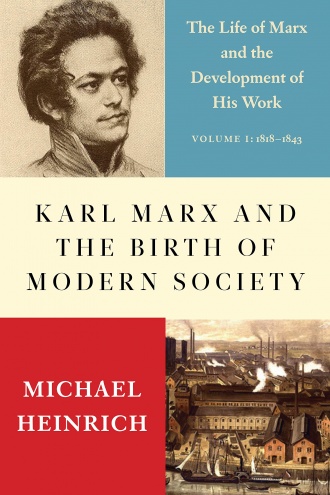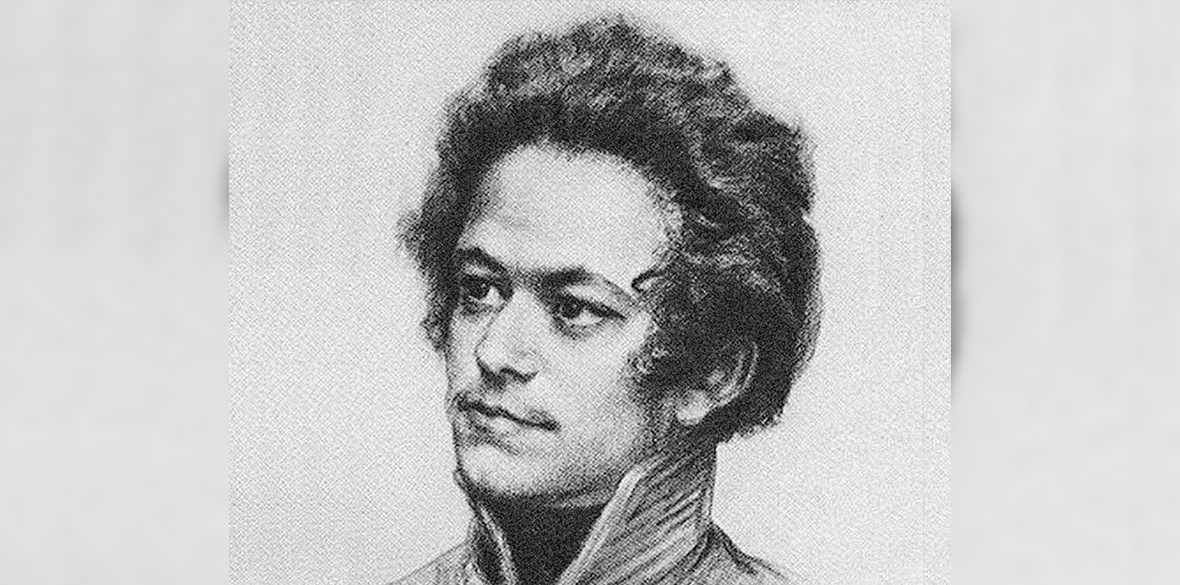This is the last article you can read this month
You can read more article this month
You can read more articles this month
Sorry your limit is up for this month
Reset on:
Please help support the Morning Star by subscribing here
IN A short appendix to this first of what is to be a multi-volume biography of Karl Marx — which is bound to become a referential touchstone for any subsequent treatment of his life and works — Michael Heinrich examines how biographical writing is possible today and the reader should start with this essay in order to recognise the intentions and detailed scope of his treatment of Marx through his childhood and youth from 1818 to 1841.

Recent biographers have historicised Marx, often fixing him in his time with the intention of suggesting he has little or nothing of relevance to say to us today. They also compartmentalise his life with chapter headings such as The Son, The Student, The Editor, The Emigre or The Revolutionary.
While recognising, whether openly or implicitly, that any biographer necessarily takes a position on the most influential and therefore controversial political philosopher in modern history, Heinrich avoids the pitfalls of either lionising or debunking his subject.
He recognises that human beings, however significant their achievements, are always products of the world through which they progress.
Here, the author “grows up” with Marx as he emerges from a social, economic, educational and political context, one that is responding to evolutionary forces spawned by the French Revolution.
No matter how thorough the resources consulted, no biographer can know the essentially real person and Heinrich eschews what he terms biographical fiction — the mixture of “secure knowledge, more or less plausible supposition, and mere speculation” — often coloured by cod-psychological guesswork, employed by other biographers of Marx.
The result is a demanding read for the layman. The book painstakingly engages with the major controversies of the early 19th century in an emerging and still ununified Germany, where heated philosophical and religious disputes were essentially political.
Among a galaxy of players, Marx engages with the unsettling theories of Hegel, who Bertrand Russell claimed was the hardest to understand of all the great philosophers. These provide the intellectual battleground for educated youth challenging an ever-resistant Establishment.
Heinrich, rather than here unearthing the archaeology of Marx’s later great works, reveals his complex path to understanding, one beset with personal intellectual crises beside the positive and negative influences of contemporaries.
Those seeking a more entertaining account of the young Marx will have no difficulty in finding more colourful biographies. But for a sense of arriving closer to a real person rather than the would-be “prophet,” growing through the normal patterning of intellectual ideas, they will find no better.
Marx rejected offers to write his biography but he would certainly have approved of Michael Heinrich’s meticulous methodology.
Karl Marx and the Birth of Modern Society is published by Monthly Review Press, £25.










